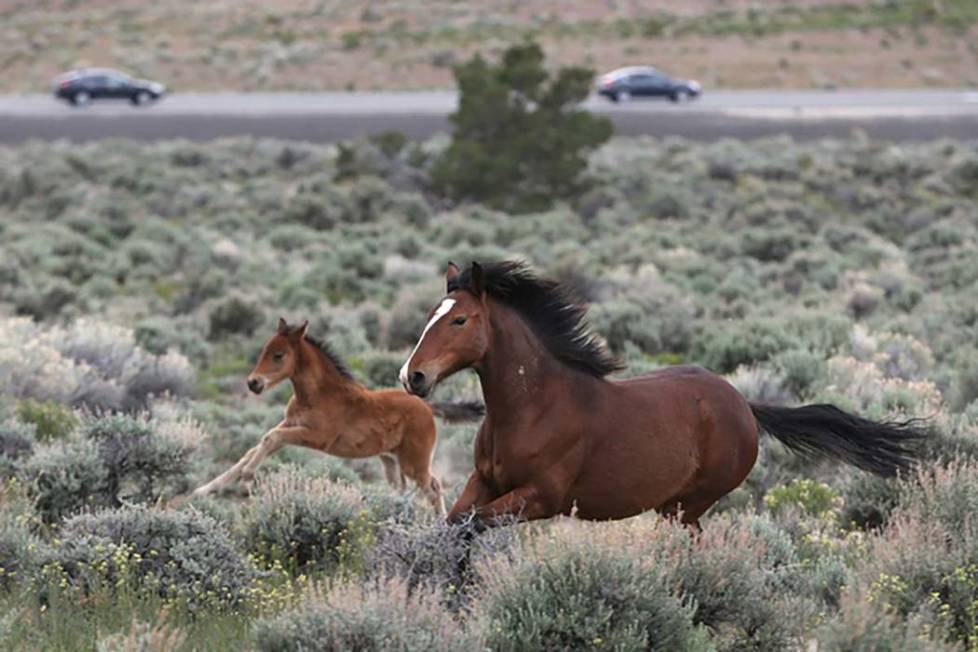Nevada horse owner drops lawsuit over tribal roundup

RENO — A Northern Nevada woman who claims a neighboring tribe stole her horse during a roundup last month has dropped her lawsuit because she’s convinced the horse had already been sold to a slaughterhouse in Mexico.
A federal judge in Reno canceled a hearing scheduled Monday on Colleen Westlake’s suit after the woman who lives in Palomino Valley north of the city withdrew the litigation.
U.S. District Judge Miranda Du earlier extended a protective order preventing the slaughter of the horse named Lady that has been missing since the tribal roundup in early January. The judge signed an order late Friday dismissing the lawsuit.
Horse advocates investigating the whereabouts of Lady and as many as 270 horses that were taken told the Reno Gazette Journal that they had discovered evidence the animals already had been shipped from Nevada and likely already transported to Mexico for slaughter.
Tribal officials insisted they never had Lady and suspected the horse was still roaming the high-desert range about 30 miles north of Reno.
Westlake and the American Wild Horse Campaign originally filed a lawsuit last month against the Pyramid Lake Paiute Tribe, the state of Nevada and two Nevada Department of Agriculture officials and private contractor who helped with the roundup.
Workers use a helicopter and motorcycle to herd horses in Palomino Valley. Horse advocates say the roundup by the Pyramid Lake Paiute Tribe wrongly trespassed on tribal land and wasn’t properly noticed.
Suzanne Roy, director of the campaign, said that since then, they had discovered brand inspections from New Mexico, where the horses had been shipped from Nevada.
“In light of the fact that the horses are gone with no chance of recovery, there is now no remedy presently available to us in this federal court case,” Roy told the newspaper.
The roundup began Jan. 4 and lasted several days.
Tribal officials called for it as part of an effort to reduce grazing pressure on their reservation land northeast of Reno. Wildfires have burned much of the tribe’s land in recent years and the tribe’s land management plan, developed with federal officials, is an effort to preserve what remains and restore burned areas.
“We are just following through with this management plan to protect the natural resources,” Vice Chairman Alan Mandell said last month.
The roundup was meant to include hundreds of tribally owned horses that roam freely on and around the reservation. Although the horses behave and live similarly to wild horses, their status as tribally owned means they’re not afforded protections under the Wild Horse and Burro Act and other federal regulations, including those meant to restrict wild horses from being sent to slaughter.